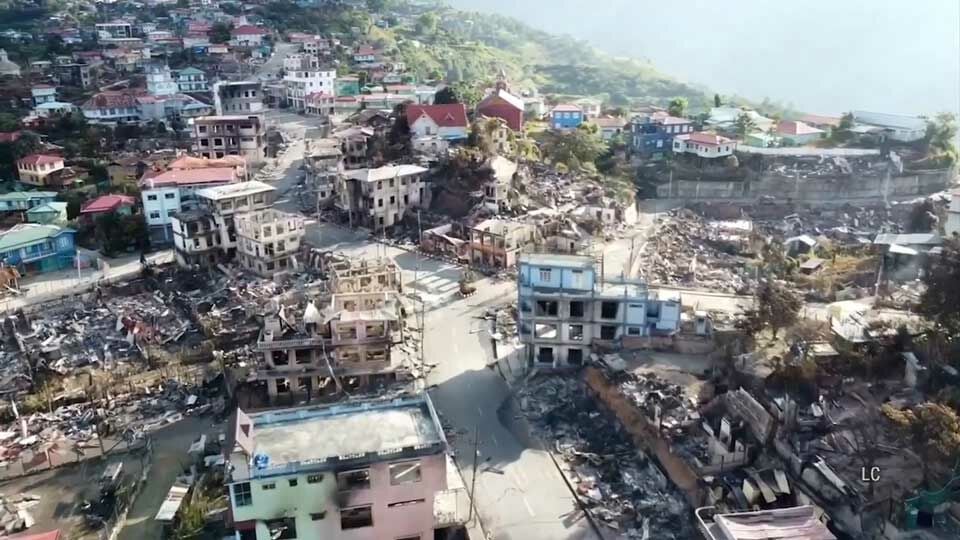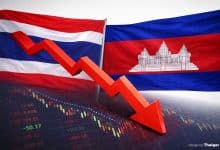Thai banks fuel Myanmar’s bloodshed: UN

Thai banks have become the main financial lifeline for Myanmar’s military government, enabling it to buy goods and equipment for its brutal campaign against pro-democracy resistance and ethnic minority groups. This revelation comes from a UN report released yesterday, June 26, by Tom Andrews, the UN special rapporteur on the situation of human rights in Myanmar.
The report details how Myanmar’s military junta, formally known as the State Administration Council (SAC), has circumvented sanctions from the US, EU, and other states by switching to new financial and military suppliers. With Singapore firms pulling out, Thai companies have stepped in to fill the void, keeping the junta well-armed.
The report, titled Banking on the Death Trade: How Banks and Governments Enable the Military Junta in Myanmar, stated that over the past year, 16 banks in seven countries processed transactions for SAC military procurement, 25 banks have provided correspondent banking services to Myanmar’s state-owned banks since the coup.
Since seizing power in February 2021, Myanmar’s military has violently suppressed nonviolent protests, leading to a full-scale civil war. They face accusations of widespread human rights violations, including the bombing of civilians. Despite international efforts to isolate the junta, gaps in sanctions enforcement have allowed it to continue its reign of terror.
Andrews remarked that the good news is that the junta is increasingly isolated.
“The Myanmar military’s annual procurement of weapons and military supplies through the formal banking system declined by a third — from US$377 million (approximately 13.9 billion baht) to US$253 million. However, the bad news is that the junta is circumventing sanctions by exploiting gaps and shifting financial institutions.”
Thai banks, notably Siam Commercial Bank, allegedly have played a significant role, with transactions related to Myanmar military procurement skyrocketing from US$5 million in the 2022 financial year to over US$100 million in 2023.
Andrews’ report highlights the devastating impact of the conflict: over 5,000 civilians were killed, 3 million displaced, and 20,000 political prisoners, reported AP News.
“International banks facilitating transactions with Myanmar state-owned banks risk enabling military attacks on civilians. Banks must not facilitate crimes — this includes war crimes and crimes against humanity.”
Latest Thailand News
Follow The Thaiger on Google News:


























